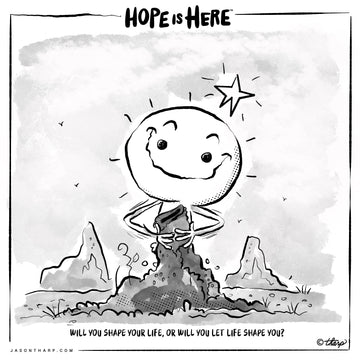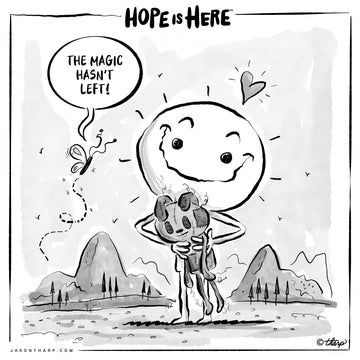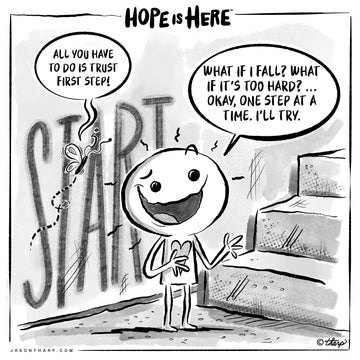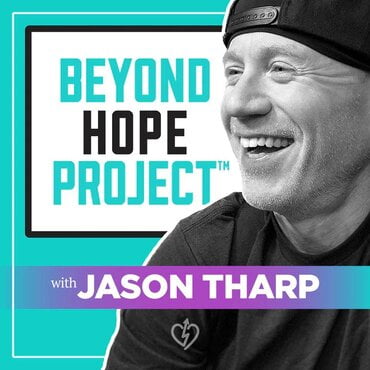Ever find yourself in the spiral of overthinking? “Just stop overthinking!” they say, as if it were as simple as flipping a switch. The common counsel is to “let it go,” yet how can we when our minds incessantly churn over every possibility and potential step forward?
My personal journey hasn’t been so much about starting; it’s the continuation that’s been the struggle. With no blueprint for success to use as a reference, I clung to the beliefs instilled in me during childhood, never questioning their validity and always feeling unworthy. This led me to sabotage my progress, defaulting back to a familiar state of deficiency and wanting. It was a vicious cycle, but gaining awareness of this pattern was a pivotal first step. It’s through embracing H.O.P.E.—a framework for understanding and transformation—that I’ve begun to rewrite my story, cultivating confidence and empowerment along the way.
How, then, can we loosen the grip of overthinking? Start by entertaining the possibility that our expectations and fears might not unfold as we imagine. Our predictions, often marred by pessimism or past experiences, rarely come to fruition. Acknowledging this can be liberating. Approach situations with a mindset open to different outcomes; resist the urge to confirm your biases. This shift can transform even the most positive developments from potential negatives into genuine learning opportunities, allowing us to find correctness in the unexpected.
In this vein, consider the insights of cognitive psychology, which suggest that challenging our automatic thoughts and beliefs can lead to significant shifts in our behavior and emotional well-being. Studies, such as those mentioned in articles from reputable sources like Psychology Today or Harvard Business Review, emphasize the power of cognitive restructuring—a tool that can aid us in questioning and altering our ingrained patterns of overthinking.
By embracing a mindset open to being proven wrong, we create space for growth, discovery, and a deeper understanding of ourselves and the world around us. Through H.O.P.E.—a framework for understanding and transformation—I began to rewrite my story, cultivating confidence and empowerment. This approach aligns with cognitive-behavioral theories, suggesting that changing our thought patterns can profoundly influence our emotions and behaviors.
In other words, you are a powerful creator. If you’re going to spend your time, energy, and effort on creation, focus on constructing the world you wish to see. Stop trying to predict a future based on an outdated past or a non-existent future. This moment, right here and now, is where creation truly begins.





